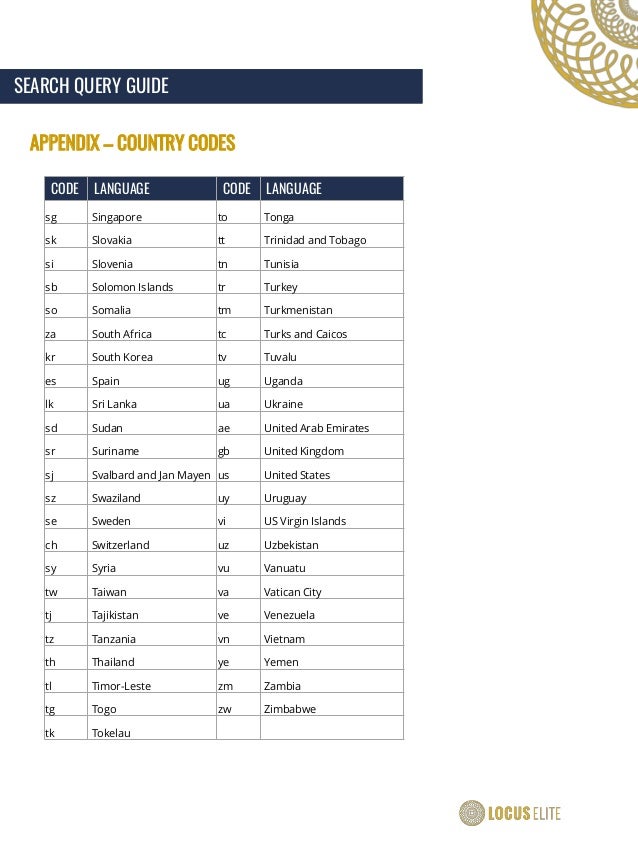

- Boolean search cheat sheet how to#
- Boolean search cheat sheet full#
- Boolean search cheat sheet plus#
Without \\b, this would output "Thwas is Sparta" replace( "This is Sparta", "\\bis\\b", "was") // Output: This was Sparta replaceAll Replace( "Pogo", "Po", "Dog") // Output: Doggo // Matches the first occurrance, unless otherwise specified replace( "Dogs Dogs Dogs", "Dogs", "Cats") // Output: Cats Dogs Dogs // $ tells the regex engine "start from end of line and work backwards" replace( "Dogs Dogs Dogs", "Dogs$", "Cats") // Output: Dogs Dogs Cats // Matches are case-sensitive replace( "thomas", "t", "T") // Output: Thomas // You can use brackets to create a set of characters, // any of which will be matched replaceAll( "thomas", "homas", "Megatron") // Output: Megatron // You can also create a group with () and then use the | (OR) operator replaceAll( "thomas", "(T|t)homas", "Megatron") // Megatron // Accepts regex metacharacters, such as "\\b" which denotes "word boundary". Examples include concat (combines strings) and dateAdd (adds x units of time to a date).Īrguments are the accepted pieces of data used within functions: Function – pre-defined formulas that you can use to accomplish complex things quickly.Includes mathematical operators (such as add), Boolean operators (such as not), and the ternary operator (if). Operator – symbols that perform operations on 1-3 operands.
Boolean search cheat sheet plus#
Boolean search cheat sheet full#
Each link here will take you to a full page in the Formula Reference where you can learn more. Here are some of the most common terms you’ll run across when working with Notion formulas.

Boolean search cheat sheet how to#
You may also want to check out my Formula Examples Database in Notion itself there, you’ll find more than 80 example databases demonstrating how to use every formula component listed here.


 0 kommentar(er)
0 kommentar(er)
